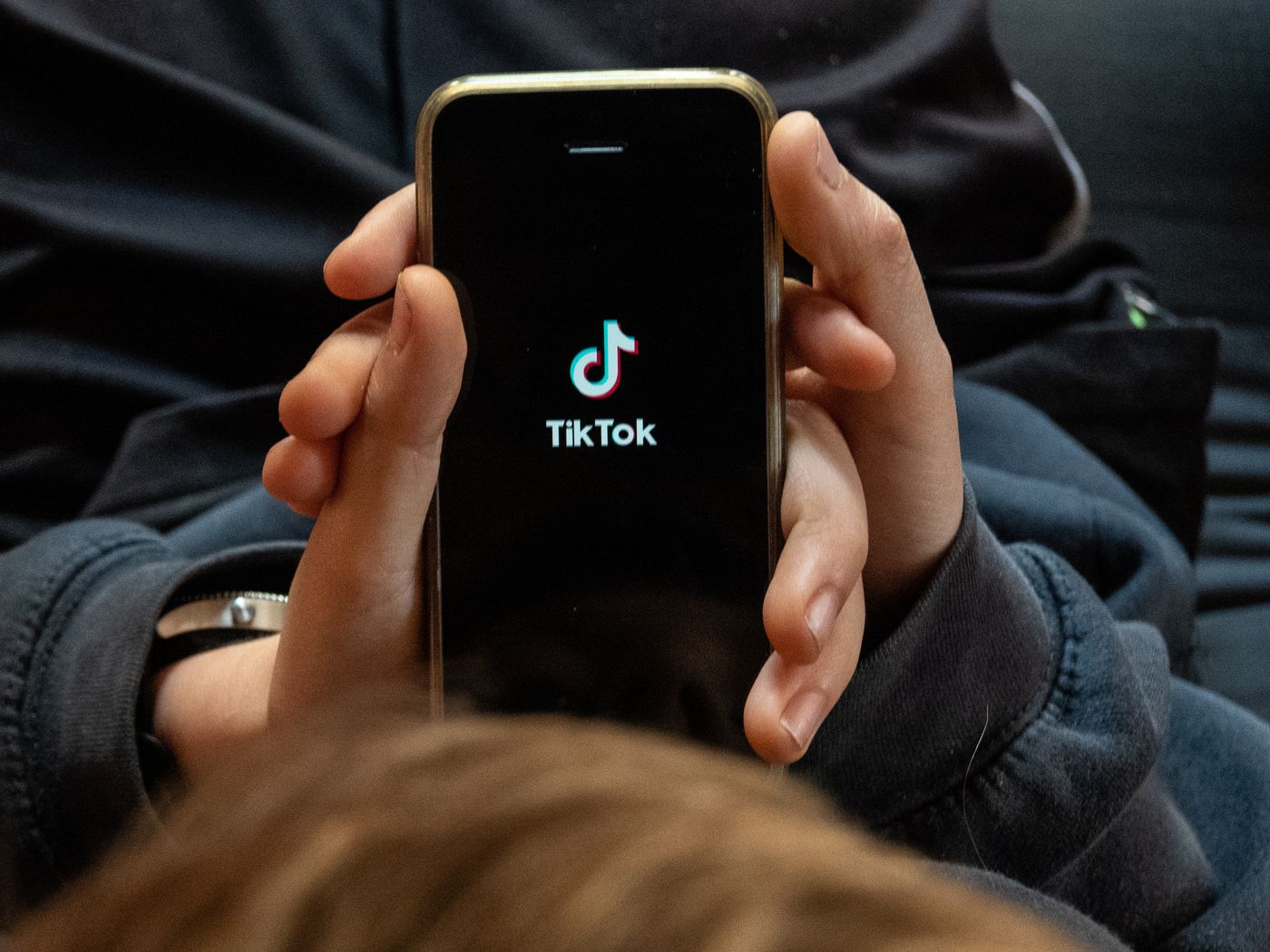A bill aiming to ban TikTok in the U.S. unless its Chinese parent company sells a significant portion has been approved by the Senate and endorsed by President Biden. Following the bill’s signing, TikTok’s CEO reassured users in a video message that the platform would remain operational, and ByteDance, TikTok’s owner, affirmed it had no intention to divest. This action follows years of attempts to ban TikTok over national security concerns, although critics argue the evidence supporting these concerns is lacking.
The legislation mandates ByteDance to sell the majority of TikTok within a specified timeframe, with potential extensions if a sale is underway. Failure to comply would result in the app’s prohibition. Legal challenges are anticipated, potentially prolonging the process for years. Anupam Chander, a Georgetown University professor, argues that such a ban could violate constitutional rights, particularly free speech, for both users and the platform.

Chander highlights the absence of substantial evidence justifying the ban on national security grounds. The debate is likely to revolve around potential infringements on First Amendment rights, considering TikTok’s status as a Chinese company incorporated in the U.S. Issues of viewpoint discrimination and the right to communicate publicly are central to this discussion, drawing parallels with scenarios involving American entities like the New York Times.
Proposals for alternative data privacy solutions, such as a national standard of privacy laws applicable to all U.S. companies, are suggested. However, crafting and passing such legislation would be complex politically, contrasting with the relative simplicity of targeting TikTok with a specific law. The lack of a national standard in privacy laws poses challenges for online consent mechanisms, particularly concerning platforms with interstate audiences.
Chander warns of potential global ramifications, with other countries possibly using a U.S. TikTok ban as a precedent to enforce similar measures against American apps. This could be exemplified by the ongoing investigation involving Elon Musk’s social platform X in Brazil, where a ban could potentially be justified citing the TikTok law. The interconnectedness of global digital regulations raises concerns about the future of cross-border internet governance and the influence of national actions on international policies.


